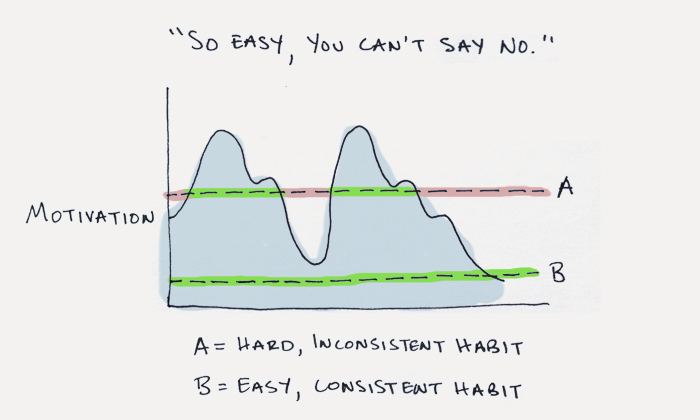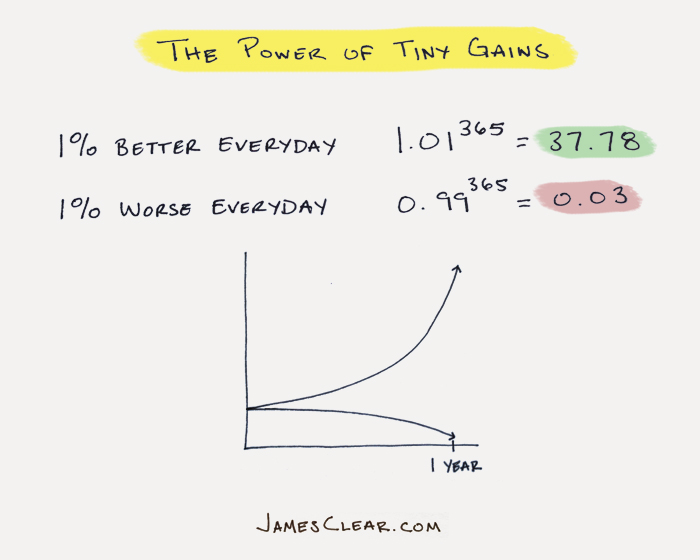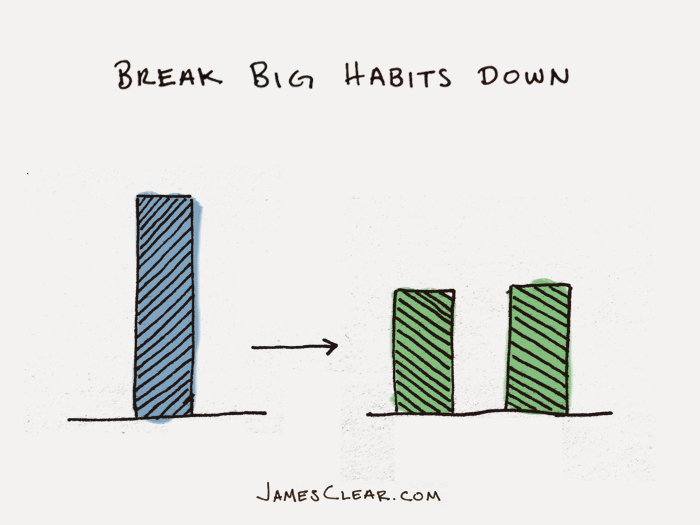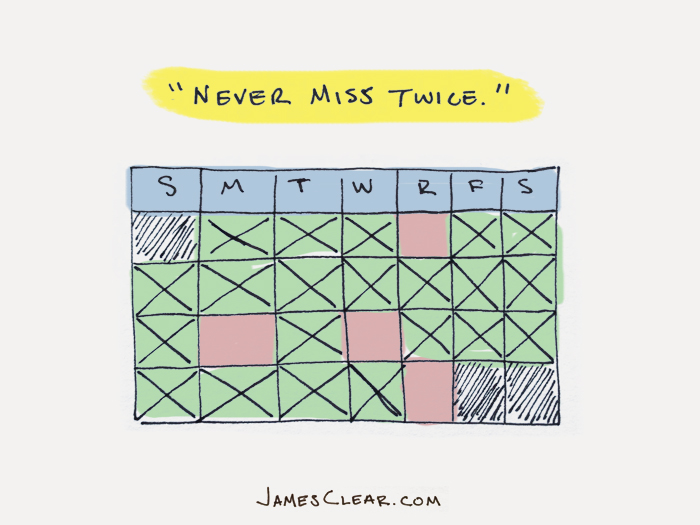Good piece on "self-talk" -
Focus On Your Internal Conversation by Kirby Ingles (via Adam Smith)
The clear advantage between someone who is achieving the things they want in life and someone who is not is the momentum they create. Focus is a matter of creating momentum just as much as it is about concentration. The snowball effect can make the difference here. If you missed that post click here.
The way you carry yourself everyday in your life affects your mindset – how you walk, talk, and think. Take some time and focus on what you crave in your life. Your internal conversation about these cravings affects how you carry yourself and feel. Changing how we address ourselves and others can give us power and determination to create a better quality of life. The right thoughts will lift you up.
Find people who walk the walk and talk the talk. These people are those that you admire. You can also find something about them that you desire to create inside yourself. Whatever it may be, you have an urge to do or create.
It only takes five minutes everyday to start creating an internal conversation that convicts you into believing you can have what you desire in life. Successful people do what others will not and I claim that if you do this for five minutes a day for a year, you will have a profound confidence. Do this by making your internal conversation a ritual or habit when you wake up every morning.
Reflect on those people who have had traumatic experiences or abuse in their lives and that turned out fine. Now consider all those that had love, education and everything in life that came easily and are not doing so well. The biggest difference between these two different outcomes is not about what they have, but the meaning in their lives. You and I could have the same experience and different outcomes. The decisive factor in the outcome is that one of us looks at ourselves as a victim and the other as a survivor. Some will look at themselves better off and become stronger in learning from an experience and others will feel less fulfilled.
Being aware of what you say to yourself will affect the temperament you place yourself in. Questions that start with “Why” are knee buckling and make you the victim. Asking yourself questions that start with who, what, how and when, can help you find the meaning beneath emotions and behaviors.
Those who do not achieve are those who do not reach out and dare to dream and act. They will not make an attempt to grow emotionally and spiritually through their experiences and fix their eyes upon being productive.



